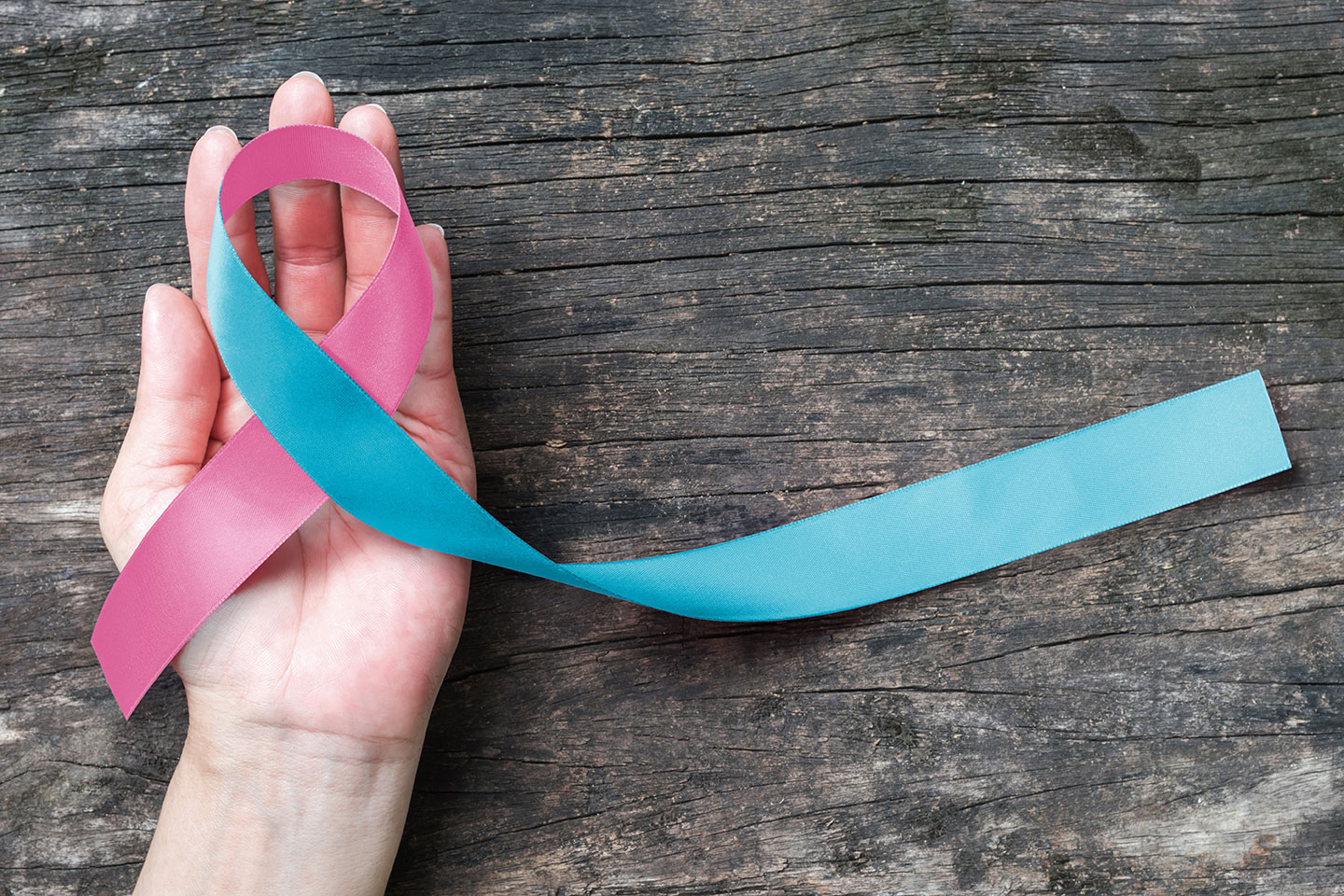What are the odds that I will have a miscarriage?
Sometimes, once the excitement of a positive pregnancy test wears off, many women (and couples) worry about the chance of miscarriage. The good news is that once you have the Big Fat Positive, your chance for a miscarriage is pretty small!
Miscarriage rates will vary between women, but generally, the risk of a miscarriage once a woman knows she’s pregnant is about 10 to 15%. A woman’s risk may be higher or lower depending on a range of factors.
What is a Miscarriage?
A miscarriage is a pregnancy loss experienced before 20 weeks of gestation.
Miscarriage Rates By Week
Miscarriage Chance Weeks 3–4 of Pregnancy
Implantation usually occurs around 3 weeks after the first day of a woman’s last period, and about a week after ovulation. By Week 4, a woman may be able to get a positive result on a home pregnancy test.
As many as 50 to 75% of pregnancies end before getting a positive result on a pregnancy test before most women will even know they were pregnant. There is a chance some may suspect they were pregnant because of pregnancy loss symptoms.
Miscarriage Chance Week 5 of Pregnancy
The rate of miscarriage at this point can vary. A 2013 study found that the cumulative risk of losing a pregnancy after Week 5 was 21.3%. Women who were older, had higher BMIs, did not use prenatal vitamins, or had a previous miscarriage were at a higher risk.
Miscarriage Chance Weeks 6–7 of Pregnancy
The study referenced above found that after Week 6, the rate of loss was 5%. Another study suggests this rate could be higher, at 10%. It’s likely that at Week 6 you can detect a fetal heart rate which improves your chances of not having a miscarriage.
Miscarriage Chance Weeks 8–13 of Pregnancy
Weeks 8 to 13 make up the second half of the first trimester, and the rate of miscarriage will be between 2 and 4%, with some suggesting that around Week 12, the miscarriage rate could be 5%.
Miscarriage Chance Weeks 14–20 of Pregnancy
Between Weeks 13 and 20, the risk of a miscarriage is less than 1%!
What is the chance of a pregnancy loss after Week 20 of Pregnancy?
After Week 20, a pregnancy loss is known as a stillbirth. A pregnancy loss at this stage may still cause a woman to go into premature labor.
Stillbirths are relatively rare, affecting about 1% of all pregnancies. Stillbirths are becoming even more rare as technology evolves, allowing very young babies the chance to survive outside of the womb. While there is a minimal chance that a baby born at 22 weeks will survive, the chances of survival increase each week.
- Less than 22 weeks is close to zero chance of survival
- 22 weeks survival rate is around 10%
- 24 weeks survival rate is around 60%
- 27 weeks survival rate is around 89%
- 31 weeks survival rate is around 95%
- 34 weeks is equivalent to a baby born at full term
In high-income countries, with access to quality healthcare – 77 percent of premature babies born at 26 weeks will survive, while almost all premature babies born at 30 weeks or later survive!
Miscarriage Rates by Maternal Age
A mother’s age can be a major risk factor for pregnancy loss because egg quality tends to decline as women get older.
The average risk of miscarriage by the age of the mother is as follows:
- Under 35 years old: 15% chance of pregnancy loss
- Between 35–45 years old: Between 20 and 35% chance of pregnancy loss
- Over 45 years old: About a 50% chance of pregnancy loss
It is essential to note that these are average figures and do not take any other factors into account.
The effects of past lifestyle issues including smoking, sedentary lifestyle, etc. also accumulate with age – worsening underlying health issues that affect pregnancy and further increasing the risk of a miscarriage.
If you are older please know that some women have healthy pregnancies in their 40s, and a few even do so in their 50s!
What are Risk Factors for Miscarriage?
Some risk factors for a pregnancy loss include:
- Maternal age (35 and older)
- Smoking
- Excess drinking
- The use of drugs, especially stimulant drugs, such as cocaine
- Uncontrolled chronic conditions, such as diabetes or high blood pressure
- Hormonal disorders that make it difficult for the body to produce hormones to sustain the pregnancy
- Maternal trauma (i.e. car accident)
- Certain medications
- Air pollution
- Bacterial infections such as listeria, and other infections like Lyme disease or Fifth disease
Signs and Symptoms of a Miscarriage
Typically, the earliest sign of a miscarriage is bleeding. Bleeding typically associated with a pregnancy loss is heavy, red, gets heavier with time, or occurs with intense cramps.
However, not all bleeding is due to a miscarriage. About 20–30% of women experience some spotting during pregnancy unrelated to miscarriage and delivery healthy babies.
A miscarriage can also happen without bleeding.
Some other symptoms of a miscarriage include:
- A sudden reduction in pregnancy symptoms (please note that symptoms can decrease even without a miscarriage due to fluctuating hormones and increased gestational age)
- Decrease in the baby’s movements in the second trimester
- Mild to severe cramps
- White-pink vaginal mucus
- Pain in back or abdomen
- Passing blood clots
Sadly, there is no way to stop a miscarriage from happening once it has started. It is important to see a doctor if you think you are having a miscarriage in order to prevent hemorrhaging and infection.
What if I Have a Miscarriage?
A pregnancy loss is not anyone’s fault. There is no right or wrong way to react to a miscarriage. The experience can be incredibly emotional and heartbreaking. You didn’t just lose a pregnancy, you feel like you’ve lost your hopes and dreams for the future. It may cause you to have doubts about future pregnancies, or make you extremely anxious when you do become pregnant again. Conversely, some women are surprised that they do not have a strong reaction to a pregnancy loss. Both are normal. Your pregnancy journey is unique to you and whatever you feel is valid.
The good news is that most women who unfortunately experience a pregnancy loss go on to have future healthy pregnancies. A single miscarriage does not mean you will have trouble getting or staying pregnant in the future. In fact, a 2016 study found that women are more likely to get pregnant again immediately after experiencing a pregnancy loss! 85% of women who have suffered a miscarriage have a healthy, full-term pregnancy afterward.
Many women find that seeking quality medical care, support from friends and family, and taking time to mourn, can help the healing process. Genetic testing after a pregnancy loss may help a doctor understand the cause of pregnancy loss, and a preconception appointment can help you be the healthiest you can be as you try to get pregnant again.

A baby born after a miscarriage is known as a rainbow baby. They are the light and joy that comes after the dark of the storm.
Miscarriage and pregnancy loss are scary to think about, but ultimately the chances of it happening once you know you are pregnant are pretty rare. Most pregnancies end with a happy, healthy birth, even if the mother has a previous history of a miscarriage or even has risk factors for a miscarriage.
Sources
- https://www.healthline.com/health/pregnancy/miscarriage-rates-by-week
- https://www.medicalnewstoday.com/articles/322634.php
- https://americanpregnancy.org/pregnancy-complications/miscarriage/
- https://www.ncbi.nlm.nih.gov/pubmed/18310375
- https://academic.oup.com/aje/article/177/11/1271/97504
- https://www.cdc.gov/ncbddd/stillbirth/facts.html




